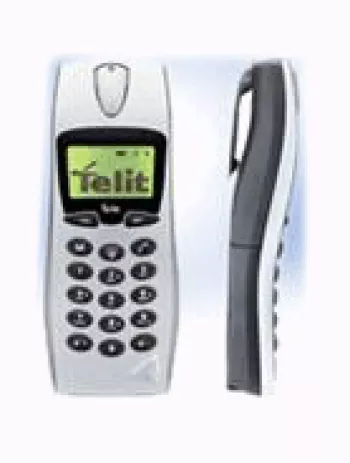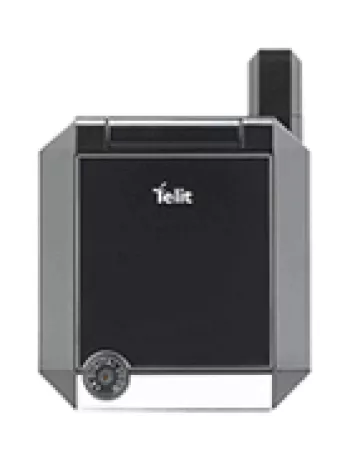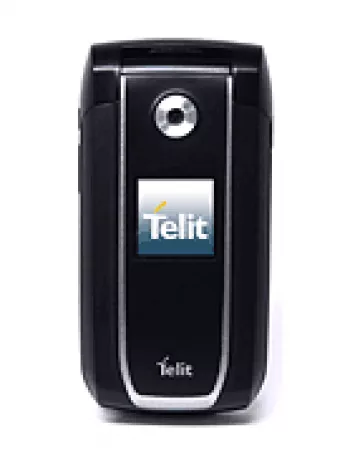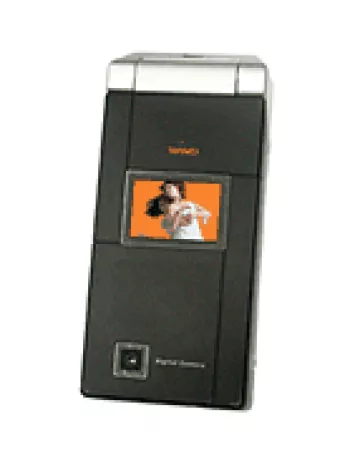
Overview of Telit T90
The Telit T90 is a feature phone that was introduced to the market in the third quarter of 2004. Unlike the smartphones we are accustomed to today, the Telit T90 was designed for simpler tasks, aimed at providing basic mobile communication capabilities. Despite its limitations compared to modern devices, it offers an interesting look back at the mobile technology of its time. This article provides a comprehensive exploration of the Telit T90's features, specifications, and its positioning during its era.
Network Technology
The Telit T90 operates on GSM technology, specifically on the 900 and 1800 frequency bands. This setup was standard for mobile phones during the early 2000s, allowing users to make calls and send messages in most parts of the world where GSM networks were prevalent. However, the absence of advanced data options like EDGE meant that internet connectivity was limited, relying solely on GPRS (General Packet Radio Service) with a class 8 speed, which was sufficient for basic browsing but not suitable for data-intensive applications.
Launch and Availability
Launched in 2004, the Telit T90 found its niche among consumers looking for a reliable mobile phone without the complexity and cost associated with smartphones. Its official market release was met with moderate reception before being discontinued as technology advanced and consumer expectations evolved. The phone remains a representation of early 2000s mobile tech, particularly for those interested in retro devices.
Design and Build
The Telit T90 features a compact and minimalistic design, characteristic of early feature phones. With dimensions measuring 85 x 43.5 x 21.9 mm and weighing 85 grams, the phone is lightweight and easy to carry. It supports a Mini-SIM, a standard for that period, and its design prioritizes portability and ease of use over aesthetics. Despite its simplicity, the phone has a durable build that withstands everyday use.
Display Characteristics
The display of the Telit T90 is a TFT screen capable of showing 65K colors, with a resolution of 128 x 160 pixels. While these specs might seem limited by today’s standards, they provided adequate color and clarity for basic phone functions during its time. The lack of a touch interface or high-resolution display highlights its focus on basic utility rather than media consumption.
Memory and Storage
Internally, the Telit T90 offers 16MB of storage. Given the era, this was typically sufficient to store contacts and a few downloadable ringtones. The phonebook feature can store up to 500 entries, which was competitive at the time. However, the lack of an expandable storage option means that users had to manage their data within the constraints of the built-in memory.
Camera Functionality
The device includes a VGA camera featuring a unique 180-degree rotating lens, allowing it to function as both a rear and front camera, albeit with limited photographic capabilities. With a resolution of 0.3MP, the camera was not intended for professional photography, but it provided a means to capture basic images and document experiences on the go. There is no video recording feature.
Audio and Sound
In terms of audio, the Telit T90 lacks a loudspeaker and a 3.5mm headphone jack, which means it relies on downloadable polyphonic ringtones for call alerts and the internal speaker for audio output. The absence of a headphone jack was less of an issue at the time, as many feature phones focused on voice communication and messaging.
Connectivity and Communication
Connectivity options on the Telit T90 are basic, with no support for Bluetooth, WLAN, or GPS. This limited connectivity reflects its focus on core telecommunication functions, primarily voice calls and SMS/EMS/MMS messaging. The presence of a WAP 2.0/xHTML browser allowed for minimal internet access, suitable for browsing text-based web pages.
Battery Life
Powering the Telit T90 is a removable Li-Ion 720 mAh battery. This capacity, when combined with the phone's limited power demands, offered a standby time of up to 120 hours and a talk time of up to 6 hours. The ability to remove and replace the battery was a common and appreciated feature during its time, allowing users to carry spare batteries for extended use without access to a charger.
Additional Features
While the Telit T90 lacks many of the interactive features and sensors found in modern devices, it does include basic games, providing simple entertainment. Messaging capabilities are robust for its class, supporting SMS, EMS, and MMS formats. However, the lack of Java support means that it couldn't run Java-based apps or games, which were popular in some contemporaneous devices.
Conclusion
The Telit T90 serves as an illuminating example of mobile phone technology in the early 2000s. It delivers the essential functions that defined its market—voice calls and messaging—within a modest form factor. Its limitations are notable, especially when compared with today's multifunctional smartphones, yet it remains a valuable piece of technology for understanding the evolution of mobile communications. Despite its discontinuation, the Telit T90's legacy continues through its contribution to the handheld device landscape.
Telit T90 Key Features
- Compact and lightweight design (85 x 43.5 x 21.9 mm, 85 g)
- TFT display with 65K colors for better viewing experience
- VGA camera with 180-degree rotating lens
- Supports messaging via SMS, EMS, and MMS
- WAP 2.0/xHTML browser
- Removable Li-Ion 720 mAh battery with up to 6 hours of talk time
- Phonebook capacity of up to 500 contacts
Drawbacks of Telit T90
- Only supports 2G GSM technology (No 3G or 4G support).
- No EDGE support, limiting data speeds.
- Small internal memory of only 16MB with no card slot for expansion.
- Lack of advanced camera features, only a VGA rotating lens and no video recording.
- No front-facing (selfie) camera available.
- No loudspeaker included.
- No 3.5mm headphone jack for audio output.
- No support for Bluetooth connectivity.
- No WLAN (Wi-Fi) support.
- No built-in GPS or positioning support.
- Does not include radio functionality.
- Limited browser capability with only WAP 2.0/xHTML support.
- No Java support for additional applications or games.
- Lack of sensor technologies.

View Also
More Phones
All Rights Reserved +13671 Phones © Mobilawy 2025

























